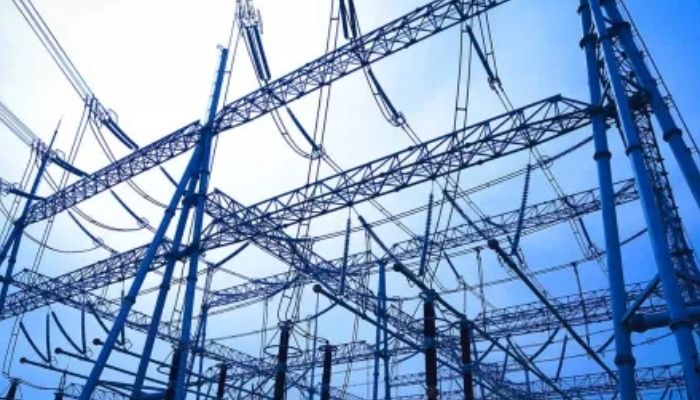The Nigerian Electricity Regulatory Commission (NERC) has ceded the regulatory oversight of the Enugu electricity market to the Enugu Electricity Regulatory Commission (EERC), which the state government owns with effect from May 1, 2024.
This is the first-ever transfer of regulatory powers from the NERC to a state government electricity regulator.
“On completion of the Transfers under subsections (2) and (3), whichever occurs later in time, the Commission shall have no further regulatory responsibility whatsoever for electricity market activities carried on entirely within the State to which regulatory responsibility has been transferred and for which the Additional Successor Company has been incorporated and conferred with assets, liabilities, employees, rights and obligations,” NERC said in a statement signed by Sanusi Garba and Dafe Akpeneye.
The electricity market in the Federal Republic of Nigeria was previously centralised and the move to decentralisation was achieved when presidential assent was granted to the amendment of relevant portions of the constitution of the Federal Republic of Nigeria on 17 March 2023.
The statement read, “This amendment granted legislative autonomy to federating states in the Federal Republic of Nigeria by empowering the sub-national governments to legislate on the generation, transmission and distribution of electricity within each respective state”.
It stated that the amendment empowers state governments to legislate on various aspects of electricity, including the establishment of state electricity power stations, state electricity markets, and state electricity regulatory authorities.
It also allows for collaboration between states, local governments, and the federal government for rural electrification and promotes investments in electricity.
“Any collaboration between States and Local Governments and the Federal Government for rural electrification, or between States and Local Governments and distribution licensees to ensure electricity access to rural, unserved and underserved areas, promote investments in electricity or provision of electricity within States or Local Government Areas,” it said.
The statement also stated that under this new legal framework, NERC retains its role as the central regulator with oversight on inter-state/international generation, transmission, supply, trading, and system operation.
However, states have the responsibility to grant licenses for mini-grids and provide the framework for their operation. NERC retains regulatory powers over mini-grids in states where there is no legal and institutional framework for their regulation or where the operation of mini-grids relies on the national grid.
“Under the new legal framework for NESI, the Commission retains the role as a central regulator with regulatory oversight on the inter-state/international generation, transmission, supply, trading and system operation,” the statement read.
According to the statement, EEDC is expected to incorporate a subsidiary, EEDC SubCo, under the Companies and Allied Matters Act for the assumption of responsibilities for intrastate supply and distribution of electricity in Enugu State from EEDC.
“EEDC shall complete the incorporation of EEDC SubCo within 60 days from the effective date of this Order and, EEDC SubCo shall apply for and obtain a licence for the intrastate supply and distribution of electricity from EERC,” the statement read.
The statement added that all transfers required by the order must be executed by October 22, 2024.
